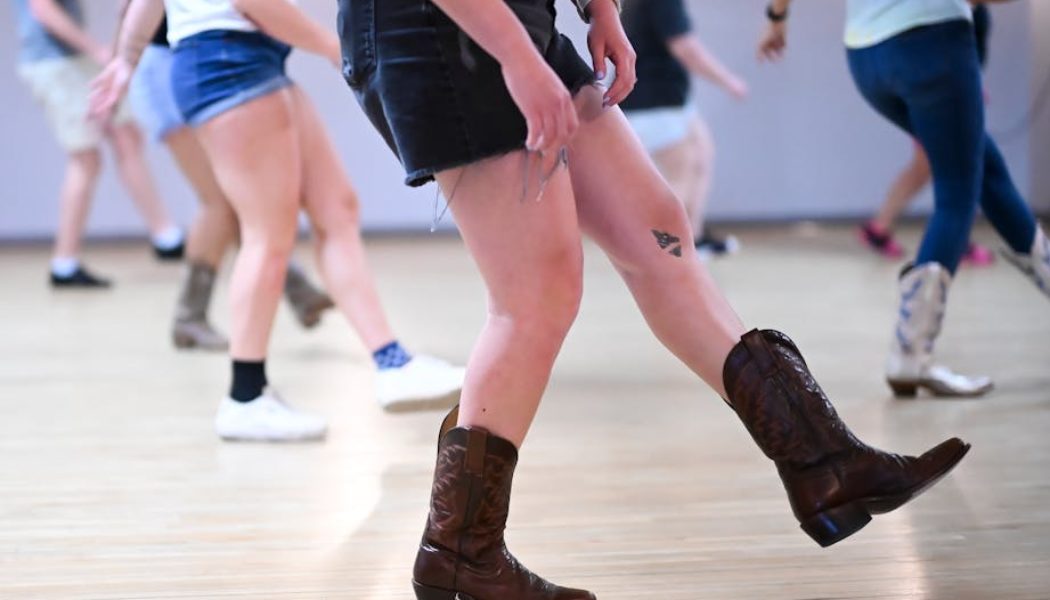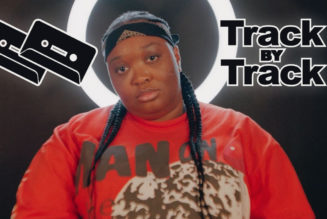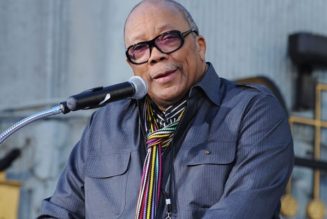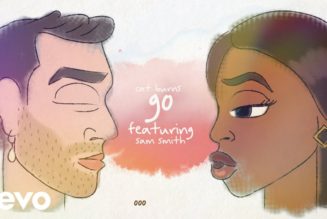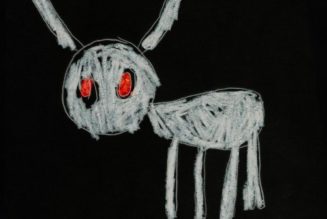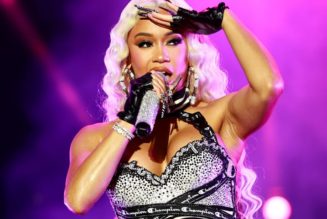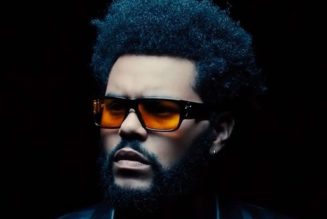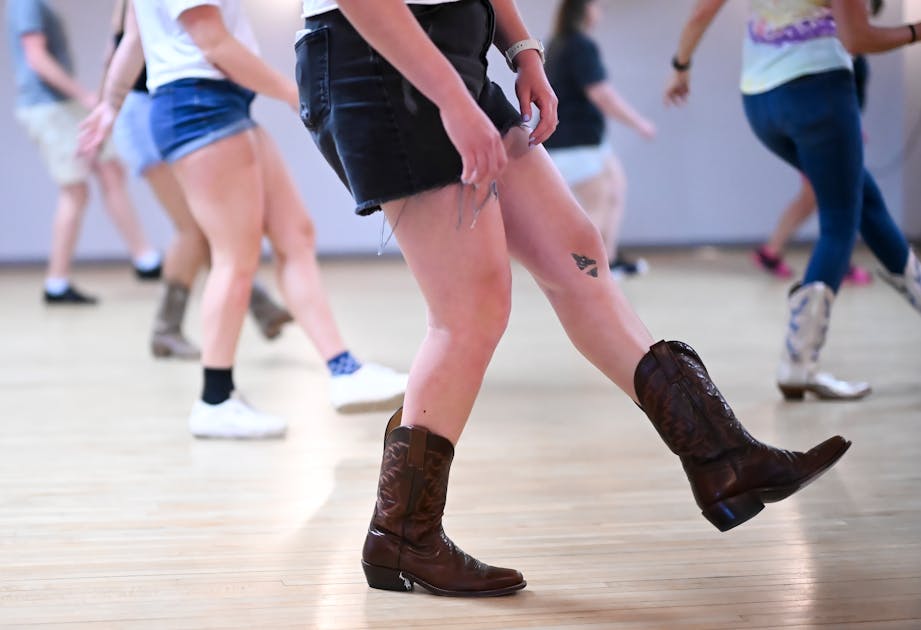
“It’s the summer of yeehaw,” Mikey Piff declared to his listeners on Hits 1, SiriusXM’s Top 40 outlet.
Then he rattled off all the recent crossover with country and pop stars like Post Malone, Beyoncé, Dasha, Shaboozey and Marshmello collaborating with Kane Brown.
“There are so many songs right now that are country-influenced or country- or Americana-adjacent,” the host and Hits 1 program director said in an interview this month. “I would argue that country maybe is even more popular than we all think it is.”
On the Pandora streaming service, Today’s Country is the most popular playlist. At Sirius XM, the Highway, a mainstream country outlet, is a highly rated channel. On terrestrial radio, country music is the dominant format in the United States, with nearly four times as many stations as Top 40 operations.
Last year, country superstar Luke Combs’ remake of Tracy Chapman’s 1988 pop hit “Fast Car” zoomed to the top of both the country and pop charts. This spring, Beyoncé’s “Texas Hold ‘Em” held No. 1 on both lists. Big Nashville names, including Kenny Chesney and Chris Stapleton, have been packing Twin Cities stadiums and arenas this year before the usual run of popular summer festivals in the Upper Midwest.
And there’s the big kahuna, Morgan Wallen, who walks the line between country and pop and tops both charts. He’s bringing the party to U.S. Bank Stadium on Thursday and Friday.
Why is country so hot — or cool — again?
In short, newer artists with songs of substance are attracting new fans via new platforms. Garth Brooks and Shania Twain are golden oldies. Florida Georgia Line and Luke Bryan are so yesterday. It’s a new era with new stars like Zach Bryan and Lainey Wilson.
Connor Loeschke, 20, a University of Minnesota accounting major, used to be teased by friends for liking country. Not anymore.
“It’s something people of all ages are enjoying. I consider that cool,” he said, detailing his favorites including Zach Bryan and Koe Wetzel. “I think it’s relaxing. Acoustic guitar is easy to sit back and enjoy what I’m doing. It puts me in a good mood usually.”
Like Loeschke, Emily Barrett, 20, a Bethel University social work and psychology student, abandoned her rap-dominated playlist from high school and listens to new country hero Bryan. She has tickets to see him this summer.
“I like the sound, with its harmonica, fiddle, banjo moment,” said Barrett, who has pop acts Hozier and Noah Kahan on her summer concert schedule, as well.
She said she relates to the messages of country music. “Most of country music talks about working, and I work three jobs this summer,” she said. “I’m very family-oriented and that’s what country music is about.”
In a summer filled with pop earworms like “Espresso” and “Beautiful Things,” some country songs stand out because they have more substance. It’s no longer about beer, dirt roads and pickup trucks from the recent bro-country days.
“There’s more meat on the bone,” said Holly Gleason, Nashville editor of Hits, a trade publication. “People like Zach Bryan, Kane Brown and Luke Combs are providing an internal life in a culture that has become so derivative and superficial that social media Xeroxing everybody’s tweets has made language meaningless or empty. They’re providing the actual narrative of how they’re living, how they feel, what it is that they’re not figuring out on their own.”
Gleason sees country as a safe space where big issues are addressed in a softer way. “We believe in God, we don’t preach,” she said. “People may have political leanings but it’s not strident. We look for ways to be inclusive without bludgeoning.”
Brown’s “I Can Feel It” collaboration with Jelly Roll deals with depression and mental health. Combs’ “Joe” addresses alcohol addiction. Bryan’s duet with Kacey Musgraves, “I Remember Everything,” finds ex-lovers looking back wistfully on their relationship.
Thanks to the rise of this crop of new stars that also includes Bailey Zimmerman, Megan Moroney and Jordan Davis, the demographics of the country audience have changed. And it’s evident in many places.
Billie Timmerman of Rogers has been teaching line dancing for 15 years. She credits such new danceable tracks as Dasha’s “Austin” and Shaboozey’s “A Bar Song (Tipsy)” for bringing young crowds to her events.
“They don’t know the old school like the ’90s,” she said. “They are like: ‘Are we doing “Austin” or “Miles on It” (Marshmello’s new effort with Brown)?'”
At K102, long the dominant country radio station in the Twin Cities, veteran programmer Gregg Swedberg notices an increase in his audience between the ages of 18 and 34.
“There’s more young people coming to the format,” said the senior vice president of programming for iHeartMedia Minneapolis/St. Paul. “When pop music is down and people can’t attach themselves to stuff, people come to country. There is less xenophobia in our format than there used to be. Everybody knows all kinds of music now.”
However, commercial country radio, long the gateway to Nashville stardom, is no longer the all-pervasive entry point. Streaming and social media have been vital in attracting younger fans to all genres of music.
“With the rise of streaming and social media, all of music has become more democratized where anyone can put music into the world and reach fans,” said Chicago concert promoter Ed Warm, past chairman of the Academy of Country Music. “TikTok has now become the single most effective and important medium for music discovery and promotion. The platform is popular because it has the best algorithm for retaining attention and is based on user-generated content instead of highly curated posts from brands.”
No single country artist has benefited more from these new platforms than Zach Bryan, a rootsy Oklahoman. He’s landed a No. 1 album, sold 9.6 million albums and filled arenas without the aid of commercial radio and now he’s headed to U.S. Bank Stadium on Aug. 24.
“He has zero to do with the mainstream country music industrial complex,” music editor Gleason said. “He was a kid in the service who lost his mom pretty young and he channeled his heartache and all of his passion that needed somewhere to go and all his star-spangled yearning and churning into songs. Kind of the way [Bruce] Springsteen did in the ’70s. Young people saw themselves and they started moving towards him.”
The influence of TikTok with its brief video clips has led artists to record shorter songs and experiment with stylistic collaborations.
Dasha, a Los Angeles pop singer, built an audience for the song “Austin” with a line dance video on TikTok, where it has 412 million views, and the song eventually hit No. 1 on Billboard’s country radio airplay chart.
“I think the magic of this new country sound is that I can incorporate big pop hooks,” Dasha told Billboard magazine. “The first time you listen to it, you can sing it back.”
New approaches work in other areas of the country industry. This year, a series of pop-up “Rock the Country” festivals have been taking place in out-of-the-way places like Poplar Bluff, Mo., and Anderson, S.C. Dubbed as “a concert for the people,” they feature Kid Rock, Jason Aldean, Miranda Lambert and Lynyrd Skynyrd, among others.
“Those have been doing significantly well for a first-year event, upwards of 25,000 people,” said South Dakota promoter Jered Johnson, who is not involved with that series but presents about 200 country and rock shows in secondary and tertiary markets in the Upper Midwest.
Just as fans aren’t staying in musical lanes, country is finding its performers and audiences to be more inclusive. Beyoncé’s country-tinged “Cowboy Carter” album with its hit “Texas Hold ‘Em” brought attention to other Black country performers including Shaboozey, Brittney Spencer and Willie Jones.
It’s not just racial diversity.
“Speaking as an Asian American, you see far more artists of different ethnicities and different backgrounds,” said Johnny Chiang, vice president of country programming for SiriusXM and Pandora. “Jelly Roll collabs with everyone and every song works. He’s an ex-convict with face tats, the F word out of his mouth every other word. And he’s so lovable. He’s real.”
Country star Ashley McBryde, whose career has been building for seven years, is noticing all kinds of diversity at her concerts.
“We’re seeing more couples and more guys than we’ve ever seen,” she said. “At times country has had a bad reputation. It is cool to see more people of all walks of life enjoying country music. We’ve got people of the hard of hearing and not hearing coming to our shows. People learning signs. Everybody deserves to sing along. I don’t care where you grew up or what your beliefs are.”
A wider audience is embracing country music because, just maybe, it’s cool again.
“Everybody wanna be a cowboy/ Drive a jon boat, whip a John Deere,” sings Lainey Wilson, reigning CMA entertainer of the year, who sounds as twangy as Dolly Parton while sporting her self-styled hippie-and-western outfits. “Blue collar must’ve caught a new wind/ Doggone, dadgum it, didn’t see that coming/ Country’s cool again.”
Yeehaw!
